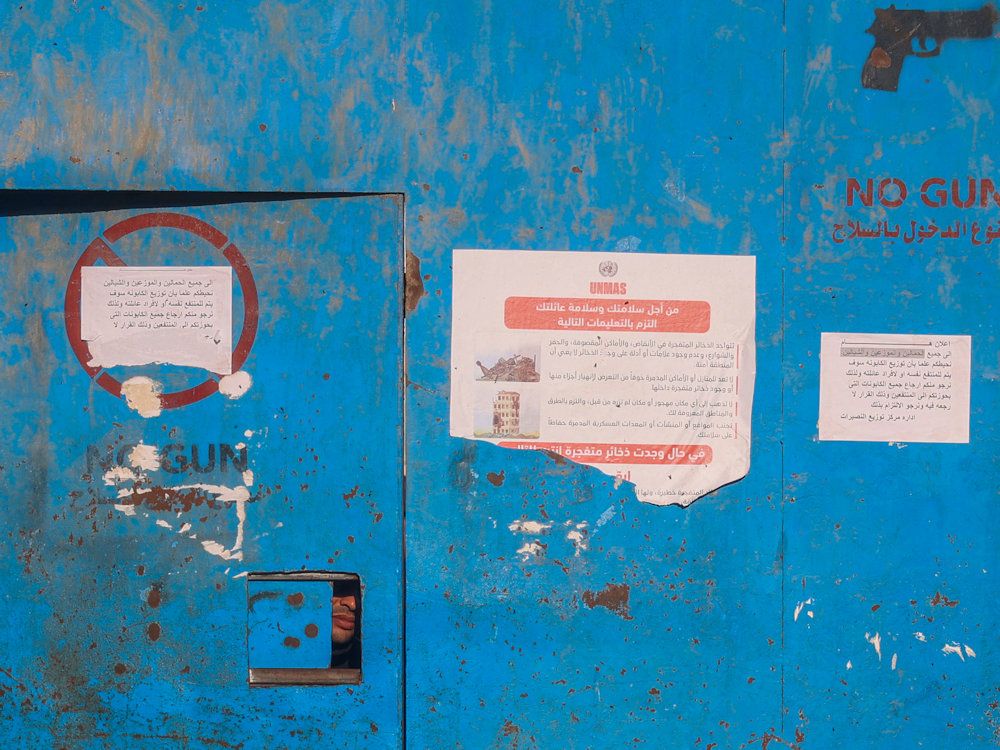
The Impact of Israel’s UNRWA Ban on Gaza's Humanitarian Crisis
In a shocking turn of events, the Israeli Knesset has passed legislation banning the United Nations Relief and Works Agency for Palestine Refugees in the Near East (UNRWA) from operating in Israel and Gaza. This decision has sent shockwaves through the already beleaguered Gaza Strip, where countless families, like that of Hussam Abu Ghaban, are left grappling with the implications. Abu Ghaban, a 38-year-old father of eight, was unaware of the drastic measure until it was brought to his attention by someone in a nearby camp. The decision comes amid international outcry, highlighting the dire situation facing the 1.9 million displaced people in Gaza who rely heavily on UNRWA for survival.
The UN agency has long been a lifeline for many families, providing essential services such as food, education, and healthcare. With Israel’s ban, families like Abu Ghaban’s face an uncertain future. He and his family fled to a UNRWA camp in Deir el-Balah after being displaced from their home in the Shati refugee camp. The camp, though overcrowded and under-resourced, has offered some semblance of support to those who have lost everything. “UNRWA’s support has been crucial,” Abu Ghaban said, expressing his fear of a future without it. The reality is stark; families dependent on UNRWA may soon find themselves without the means to feed their children or provide basic care.
Also Read:- Sophie Ellis-Bextor's Exciting Announcement: A Must-See Bristol Show!
- Nepal and Bangladesh Clash in SAFF Women's Championship 2024 Final
The legislation, which will take effect 90 days after notification to the UN, poses catastrophic consequences for the already strained humanitarian situation in Gaza. UNRWA serves as the backbone of humanitarian operations in the region, and without its support, the fragile network that sustains much of Gaza's population may collapse entirely. The agency’s spokesperson, Jonathan Fowler, has underscored the unprecedented nature of this ban, calling it a dangerous move that violates international law and undermines humanitarian efforts globally.
As conditions worsen in Gaza, reports of starvation and desperation are becoming more common. The northern regions, in particular, are experiencing severe food shortages, exacerbated by tight military control. Without UNRWA’s support, Abu Ghaban predicts that the violence and instability could escalate, leading to a grim cycle of hunger and desperation. He describes a reality where people are already struggling to survive, and the situation could deteriorate rapidly without intervention.
International observers, including officials from the United States, have acknowledged the seriousness of the humanitarian crisis in Gaza and the essential role UNRWA plays. Yet, Israeli officials, including far-right politicians, have dismissed these concerns, viewing the ban as a necessary step to protect Israel’s security. The legislation has sparked discussions about the broader implications of eroding humanitarian aid in conflict zones. Analyst Ori Goldberg remarked on Israel's indifference toward Palestinian suffering, suggesting that the motivations behind the ban are not just about security but a broader disregard for Palestinian lives.
So, the Knesset’s decision to ban UNRWA represents not just a political maneuver but a severe humanitarian crisis unfolding in real time. As families like the Abu Ghaban’s brace for an uncertain future, the world watches, questioning how the denial of essential aid can align with international obligations and human rights. The situation in Gaza remains desperate, and without immediate action, the humanitarian implications could be devastating.
Read More:

0 Comments